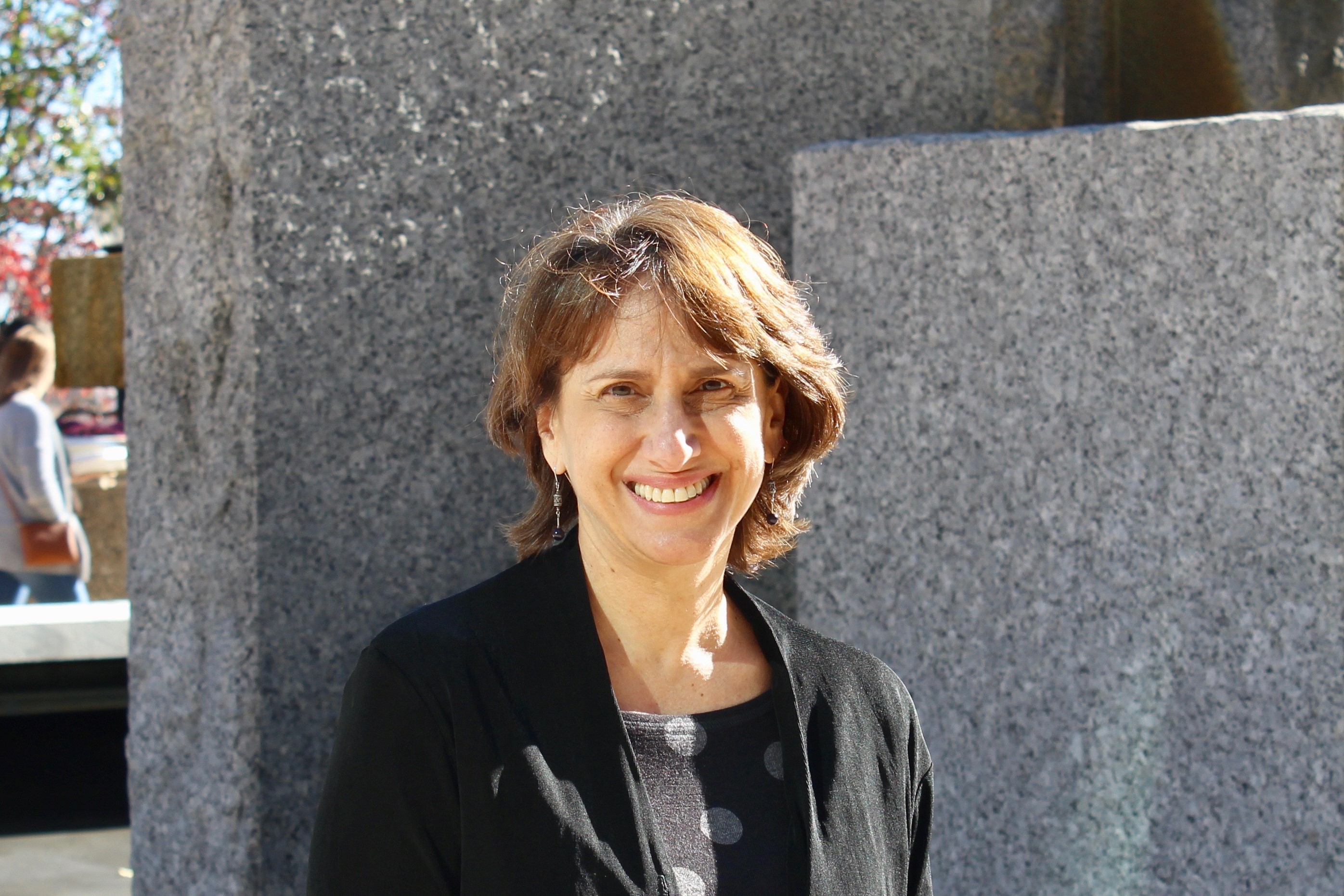Background
Marlene Schwartz is Director of the Rudd Center for Food Policy and Obesity and Professor of Human Development and Family Sciences. She studies how food policy can be used to improve the nutrition environment, especially for children. Most of her research has been done in schools, childcare, and the food banking system. Schwartz has a PhD in Clinical Psychology and spent the first part of her career as a clinician treating eating disorders and obesity for both adults and children. After a number of years in practice, she found that a lot of children coming to the clinic who were obese were having a hard time making dietary changes because the environment was not supporting them. “It was hard for them to find healthy food in their schools, and they were constantly exposed to marketing for junk food. I started to feel that I would have more of an impact in my career if instead of helping individuals one at a time to cope with a bad environment, I did work designed to change the environment.”
At the Rudd Center, Schwartz developed a coding system called WellSAT that allows districts to code the quality and strength of their school wellness policy and obtain a score. It has been used by thousands of districts across all 50 states, and is recommended by several national advocacy groups. Two federal government agencies, the CDC and USDA, also promote the WellSAT. “This tool provides concrete quantitative feedback to school districts about how strong their policy is,” says Schwartz. One of her goals is to support school districts in putting their commitment to addressing risk factors of childhood obesity down on paper.
Schwartz and CSCH Co-Director Sandra Chafouleas have just developed an expanded policy evaluation tool (WellSAT WSCC) that examines how all of a district’s health-related policies align with the Whole School, Whole Community, Whole Child model. Schwartz, Chafouleas, and a group of graduate and undergraduate students will be working with the State Department of Education over the 2019-2020 school year to pilot test this measure with 30 districts.
Involvement with CSCH
Schwartz was invited to participate in CSCH when the Rudd Center moved from Yale to UConn in 2015. “One of the reasons that the Rudd Center moved to UConn is because it is so much bigger and has departments where we can find great collaborators,” she says. “The Collaboratory seemed like a wonderful place to meet people from other parts of the university and discover ways that our work intersects.”
Fun Facts
Schwartz’s favorite thing to do is see Broadway musicals. “If there was ever a game of Name That Tune: Broadway Edition, you would want me on your team,” she says.
